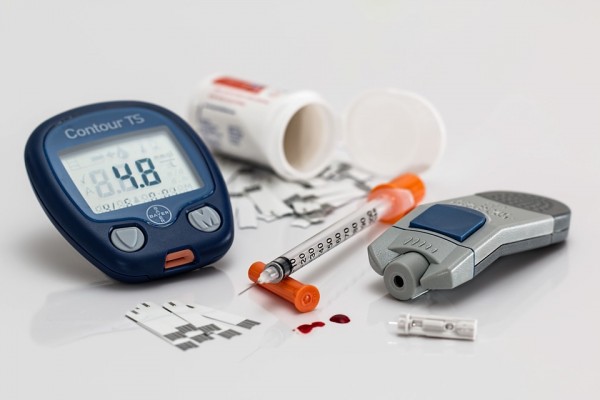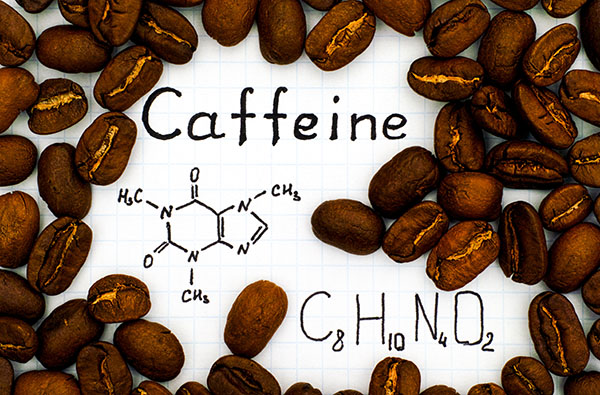 Parler
Parler Gab
Gab
- Popular diabetes drug glipizide linked to higher heart risk: A large-scale study of nearly 50,000 patients found that glipizide, a commonly prescribed sulfonylurea for Type 2 diabetes, is associated with a 13 percent higher risk of major cardiovascular events compared to DPP-4 inhibitors.
- Not all sulfonylureas are equal: While glipizide showed the highest cardiovascular risk (9.1 percent over five years), other sulfonylureas like glimepiride (8.6 percent) and glyburide (8.4 percent) had smaller, less statistically significant risks — challenging the idea that all drugs in this class are interchangeable.
- Real-world data strengthens findings: Researchers used electronic health records and insurance data from 10 U.S. sites to assess cardiovascular outcomes like heart attacks, strokes and heart failure, making this one of the most comprehensive studies of its kind.
- Heart risks may stem from drug effects beyond the pancreas: Although glipizide primarily targets blood sugar, it may also impact heart receptors, potentially weakening the heart’s ability to protect itself under stress — though the exact mechanism remains unclear.
Popular diabetes drug linked to 13% higher heart attack risk in major study
The study, led by Dr. Alexander Turchin of Brigham and Women’s Hospital, analyzed data from 48,165 patients with type 2 diabetes and moderate cardiovascular risk. All participants were on metformin as their base therapy and were tracked over a five-year period. Patients were grouped based on the second medication they began using: glipizide, glimepiride, glyburide (all sulfonylureas) or DPP-4 inhibitors (a newer drug class). The research drew from real-world health records and insurance claims data through the BESTMED consortium, making its findings broadly applicable. Key findings include:- Patients on glipizide had a 9.1 percent five-year risk of major cardiovascular events, compared to 8.1 percent for those on DPP-4 inhibitors.
- This amounts to a 13 percent relative increase in risk, including higher rates of heart attacks, strokes, heart failure hospitalizations, and cardiovascular deaths.
- Glimepiride (8.6 percent) and glyburide (8.4 percent) also showed increased heart risk, but to a lesser and statistically less significant extent.
- Eating whole foods that don’t spike blood sugar (e.g., vegetables, lean proteins, nuts).
- Supplementing with nutrients like magnesium, fish oil, and alpha-lipoic acid.
- Staying active, even through simple routines like daily walks.
- Managing stress, which plays a crucial role in both blood sugar control and heart function.
- Reducing inflammation using anti-inflammatory foods like turmeric and ginger.
No time for the gym? Eat an orange!
By News Editors // Share
U.K.’s new bank surveillance laws threaten privacy, spark outcry as fraud “crackdown” advances
By Willow Tohi // Share
Supposedly “private” ChatGPT conversations LEAKED in Google Search
By Ava Grace // Share
Russian drone found at NATO military site in Lithuania: A provocation or misfire?
By Belle Carter // Share
Caffeine and antibiotics: A surprising link that demands caution
By Ava Grace // Share
Governments continue to obscure COVID-19 vaccine data amid rising concerns over excess deaths
By patricklewis // Share
Tech giant Microsoft backs EXTINCTION with its support of carbon capture programs
By ramontomeydw // Share
Germany to resume arms exports to Israel despite repeated ceasefire violations
By isabelle // Share









